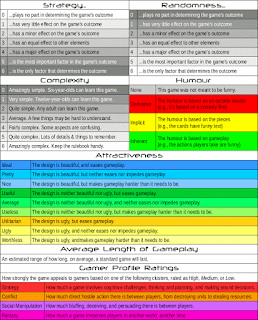I've recently begun reading
Redshirts by John Scalzi. I'm only 50 or so pages in, and already I love it. Not only because it's clearly a look at the plight of being a redshirt in the original Star Trek series, but because it's telling a story from the point of view of the lowest-ranking crew members on board.
The
Star Trek: The Next Generation episode 'Lower Decks' is one of my favourite episodes of that series. It's a great story in its own right, but seeing the operations of the
Enterprise from the perspective of junior officers, who don't know what's going on, was a fascinating change from the usual stories told in most media.
A friend once told me of a disagreement he had with someone, in which he was describing the reasons he didn't enjoy playing
Dungeons and Dragons. The other person's response was that he 'liked playing characters that were larger than life.' That is very much a part of American culture, and informs a great deal of the stories told in this country. Nearly every movie, every TV show, even a majority of books and comics and other stories tend to have the leaders as the main characters. From
Star Trek to
Battlestar Galactica to the
X-Men franchise to
A Song of Ice and Fire to
iZombie, the protagonists are always the ones with access to resources and in some sort of leadership position. That leadership may take the form of being a lone wolf (as is the case with The Doctor from
Doctor Who, who works with a single companion at a time, or Conan, who works alone most of the time unless he knows he needs help), making him the leader of a gang of one (so to speak).

















